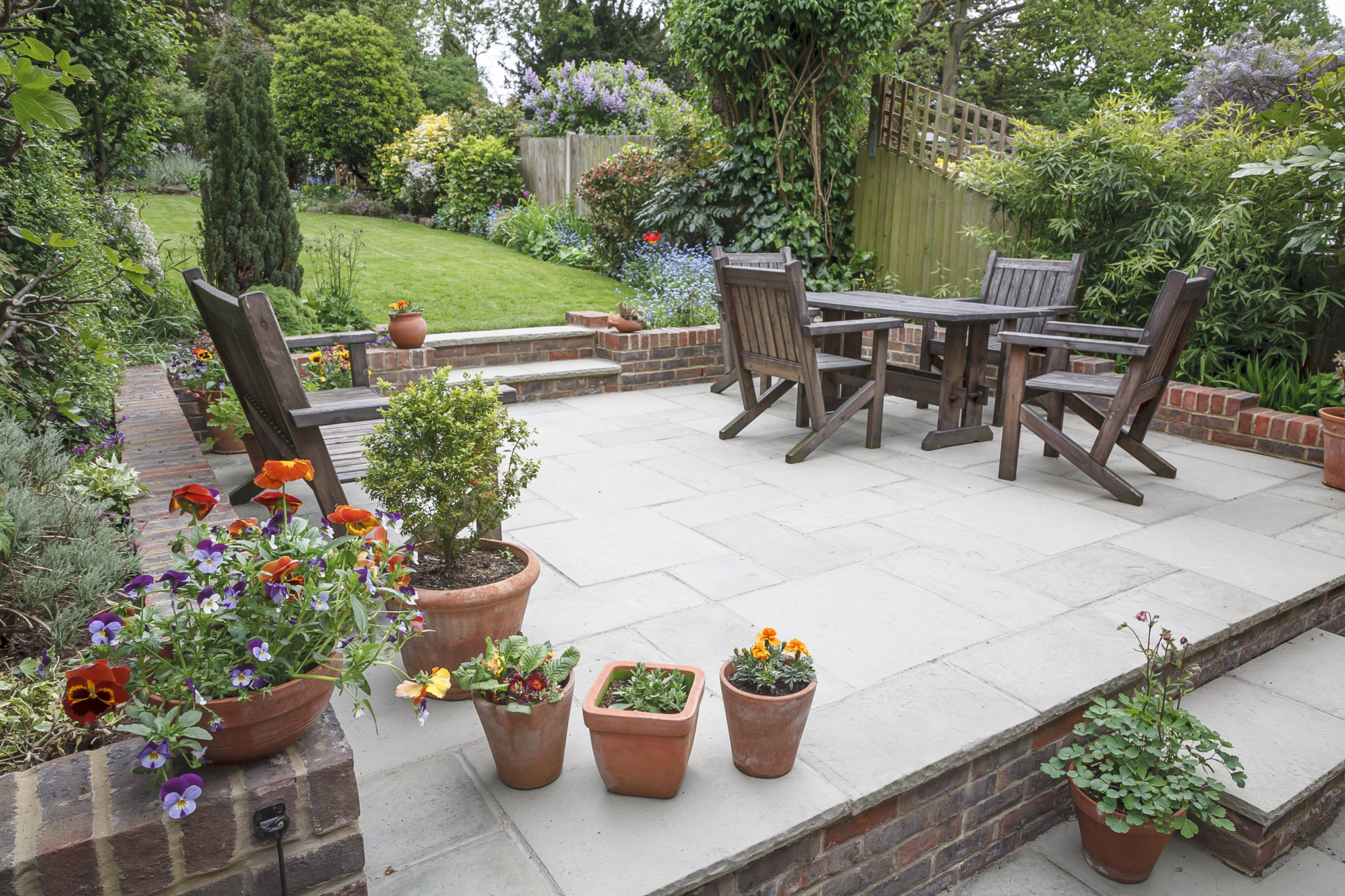How to Capitalize on the Suburban Migration and Maximize Your Urban Investment
The suburbs have long been seen as – to put it simply – uncool. Far from trendy restaurants and bars, and sometimes short on good public transportation and cultural influence, suburbs have been traditionally under appreciated by those who live in cities. The pandemic has caused many people — even hip city dwellers — to rethink their opinions and their needs, however. In a world that increasingly values space and big backyards, how can you capitalize on changing real estate trends, no matter the location of your real estate property?

Why are the suburbs popular?
Throughout the pandemic, most of us have been stuck at home here in Oregon. With many workplaces and schools still closed, and entertainment options, restaurants, and retailers open in extremely limited capacity, we’re all spending the bulk of our time inside our homes and in our backyards. Now, more than ever, we want space from one another. For this reason, realtors in Portland are seeing a notable increase in clients moving away from populated parts of the city in lieu of the more spacious suburbs. It makes sense! If you can work from anywhere and your kids are learning online, then why not move out of a condo with too many shared spaces and into a house where you can spread out? Plus, access to certain activities, like shopping, eating out, and attending musical or theater events, isn’t as important as it used to be. We don’t know when life return to “normal” and buyers don’t want to pay city prices for amenities they cannot access.
Did you invest in a property in the suburbs or a rural area?
Congratulations — that was a great move. To maximize your return, especially if your investment property is located in a less populated area, consider focusing on the features that those fleeing the city seek.
- Yards: People want outside space for entertaining, grilling out, and enjoying nature. Take more time finishing your outside areas so potential buyers can fully appreciate the space. Consider adding decks or patios that enhance the property. Covered areas are always valued (especially here in the Pacific Northwest), so an awning of some sort would be a great addition. A separate area for a fire pit will also be appreciated, as will areas for gardening since it’s become a popular hobby during the pandemic.
- Versatile layouts: You don’t know what buyers will be looking for, so don’t assume what families will look like or what they’ll need. Ensure your home is designed to be adaptive so it can accommodate aging parents or adult children. A mother-in-law flat or finished basement are excellent ways to capitalize on the multigenerational living trend. Make bathrooms adaptive for older residents or those seeking to age-in-place by installing sleek yet functional features like grab bars that can be used as modern looking towel bars, levels instead of doorknobs, non-slip floors, and walk-in showers without a sill.
- Separate rooms: While an open concept design has been incredibly popular in years past, it was going out of style before the pandemic. It seems unlikely to increase in popularity now, given that families increasingly need quiet spots to concentrate on work, participate on Zoom calls, and just get a few moments of privacy. Doors are important in our COVID-19 world! Instead of an open concept, consider installing pocket doors to partition a dining room, multi-purpose rooms that could be suitable for a bedroom or an office or a home gym, and rooms that are positioned away from areas that tend to be noisier, like the kitchen.
Did you invest in a property in Portland city limits?
Don’t panic! The Portland real estate market continues to be incredibly strong. While some home buyers are indeed seeking out the suburbs, Portland remains popular, especially among people moving here from other larger, more expensive cities. If you’re smart with your layout, there are plenty of ways to ensure a home in the city can still provide everything a potential owner desires.

- Yards: Outside space is still important, even if a home is in a busy, urban neighborhood. Privacy is valued, no matter how small a yard might be, so give thought to installing an attractive fence, tall shrubs, trees, or privacy screens. Patios and decks are still important. Luckily there are many options for building a stylish yet functional seating area in a small yard. Consider a floating deck in a corner of the yard if you’re lacking space. Patio awnings or even three-season rooms can extend usage of outdoor areas. Separate seating areas, like a nice front porch or area in a side yard, are excellent options for creating the illusion of more room.
- Versatile layouts: When building new construction homes or fix-and-flips in the city, consider creating spaces throughout the house for small groups to gather, such as a breakfast nook, rear porch, lounge, and office. If there’s an attic or basement, you may partially finish the area if your budget doesn’t permit you to completely finish it. Other options include providing a flexible first floor area that can evolve into a study, living room, or bedroom as needs change. A large mudroom can double as storage. You might also think about creating two small master suites that could adapt to a family’s changing needs.
- ADUs: You really can’t underestimate the attraction of an accessory dwelling unit (ADU) on a city property, whether it’s a tiny house in the backyard, a small apartment over a garage, or a mother-in-law unit in the basement. ADUs are perfect for multigenerational families that include elderly parents or boomerang adult children. Homeowners can also use these spaces for remote working, school, exercise, or hobbies.
Looking for an investment partner?
AIC is actively looking for loan requests for new construction, fix-and-flip projects, and more. Experienced in many Oregon markets, we’ve been bringing together private money and real estate opportunities for over 35 years. Contact us today at 541-343-9714 or use our form if you have any questions. We’d love to chat with you!
Questions? Give us a call!
Categories: Fix & Flip, Investing Strategies

